East vs. West: ‘It’s Time for a New Enlightenment’
Pankaj Mishra, Indian author of "From the Ruins of Empire: The Revolt Against the West and the Remaking of Asia," manifests the direction of thought and feeling that seems most likely to save populations caught in the violence of increasingly opposed cultural traditions after Charlie Hebdo. Photo by udithawix (CC BY 2.0)
Photo by udithawix (CC BY 2.0)
Photo by udithawix (CC BY 2.0)
In a long essay at The Guardian, Pankaj Mishra, Indian author of “From the Ruins of Empire: The Revolt Against the West and the Remaking of Asia,” manifests the direction of thought and feeling that seems most likely to save populations caught in the violence of increasingly opposed cultural traditions after the attacks on the French satirical magazine Charlie Hebdo.
He writes at the Guardian:
Crude depictions of already segregated minorities, though protected and even sanctioned by the state’s ideology, can only result in further ghettoisation and radicalisation, whether the targets of degrading ethnic, racial and religious stereotypes are devout or atheistic. As the Canadian philosopher Charles Taylor writes, “our identity is partly shaped by recognition or its absence, often by the misrecognition of others, and so a person or group of people can suffer real damage, real distortion, if the people or society around them mirror back to them a confining or demeaning or contemptible picture of themselves”.
It doesn’t require an extensive exploration of the difference between Islamic and Christian semiotics to grasp that if many Muslims seem to take personally degrading images of the Prophet it is because he is an exemplar of noble humanity to them rather than a distant figure of stern authority – someone whose smallest act is worthy of emulation. Assertions of freedom of speech, or that nobody has the right not to be offended, are undermined by the inevitable double standards: the refusal, for instance, of Jyllands-Posten – the Danish newspaper that in 2005 published cartoons depicting Muhammad – to publish drawings mocking Jesus Christ for fear of “an outcry” among its Christian readers. In any case, freedom of speech does not require that we deny cultural difference and the inequalities of power. This may seem unacceptable to those who assert, like Sarkozy, that satire is an “ancient French tradition”. But, living in a diverse and volatile world, and sharing from different backgrounds a common present, non-Muslims as well as Muslims are called upon to renounce, as Arendt put it, not their “tradition and national past”, but “the binding authority and universal validity which tradition and past have always claimed”.
Without this qualified renunciation, our state of negative solidarity can only become “an unbearable burden”, provoking “political apathy, isolationist nationalism, or desperate rebellion against all powers that be”. Arendt’s grim prophecy seems to be realised today by many revolts and eruptions around the world. We have heard much since 9/11 about what Rushdie calls the “deadly mutation in the heart of Islam”. But we have heard relatively little about the worldwide rise in tribalist hatred of minorities – the main pathology of scapegoating released by political and economic shocks – even as the world is knit more closely by globalisation. Whether in the screeds of angry white men, or the edicts of vengeful Hindu, Buddhist and Jewish chauvinists, we encounter a pitiless machismo, that does not seek to understand, let alone express sympathy over the plight of weaker peoples. These must now submit, often at pain of death, expulsion, and ostracism, to the core ideals of the tribe dictated by the history of its religion and territory.
Read Mishra’s full essay here.
— Posted by Alexander Reed Kelly.
Your support matters…Independent journalism is under threat and overshadowed by heavily funded mainstream media.
You can help level the playing field. Become a member.
Your tax-deductible contribution keeps us digging beneath the headlines to give you thought-provoking, investigative reporting and analysis that unearths what's really happening- without compromise.
Give today to support our courageous, independent journalists.
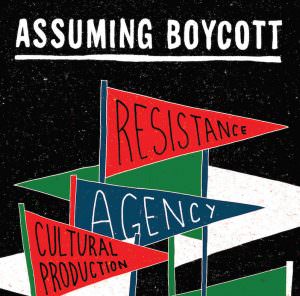
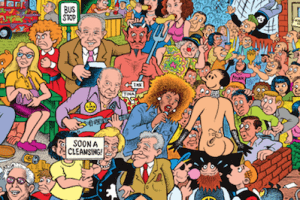
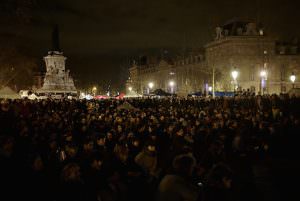
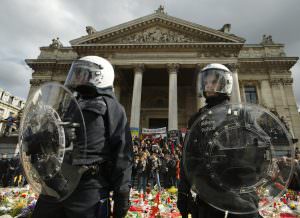
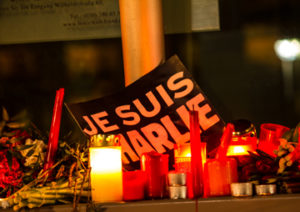
You need to be a supporter to comment.
There are currently no responses to this article.
Be the first to respond.